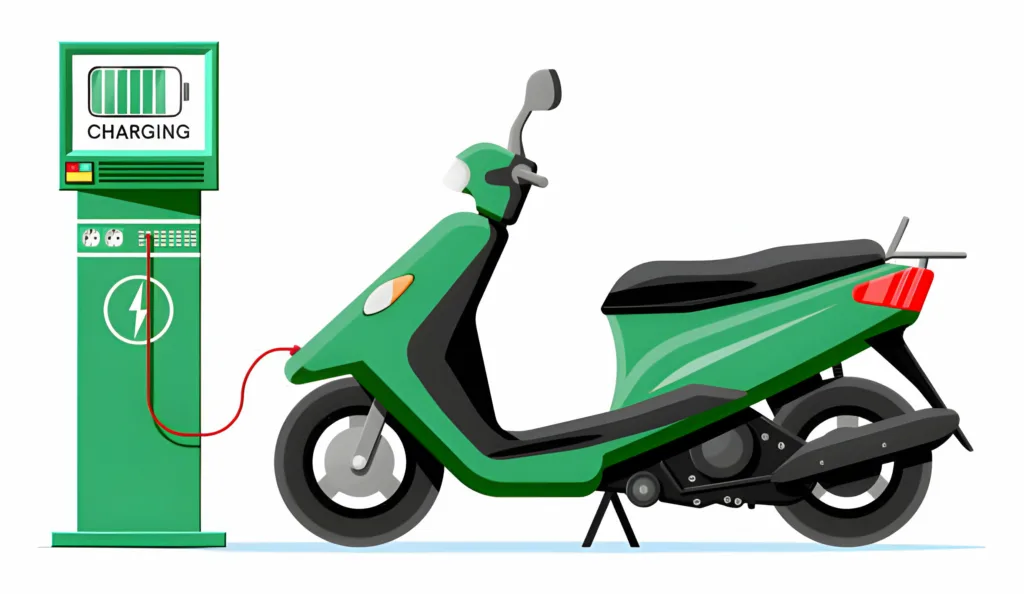
Introduction:
As the world grapples with the challenges of climate change and the need for sustainable transportation, the future of motorcycling is undergoing a significant transformation. Electric bikes, also known as e-bikes, are emerging as a promising solution to reduce carbon emissions and create a more environmentally friendly mode of transportation. In this blog post, we will explore the rise of electric bikes and their potential to revolutionize the future of motorcycling.
The Environmental Impact:
Traditional gasoline-powered motorcycles contribute to air pollution and greenhouse gas emissions. Electric bikes, on the other hand, produce zero tailpipe emissions, making them a cleaner and greener alternative. By utilizing electric motors and batteries, e-bikes help reduce carbon footprints and decrease dependence on fossil fuels. They play a crucial role in building a sustainable transportation system and combating climate change.
Advancements in Battery Technology:
One of the key factors driving the adoption of electric bikes is the rapid advancement in battery technology. Lithium-ion batteries, which power most e-bikes, have become more efficient, lightweight, and affordable. These batteries provide extended range and quick charging capabilities, enabling riders to cover longer distances and reduce downtime. As battery technology continues to evolve, we can expect further improvements in range, charging speed, and overall performance of electric bikes.
Performance and Ride Experience:
Contrary to misconceptions, electric bikes offer impressive performance and an enjoyable ride experience. Electric motors provide instant torque, delivering swift acceleration and smooth power delivery. Riders can experience the thrill of riding while enjoying the quietness and smoothness of the electric motor. Furthermore, e-bikes often feature regenerative braking systems, which convert kinetic energy into electric energy, further improving efficiency and enhancing the overall riding experience.
Infrastructure and Charging:
To support the widespread adoption of electric bikes, the development of charging infrastructure is crucial. Governments, businesses, and communities are investing in electric charging stations to facilitate convenient and accessible charging for e-bike users. Rapid charging stations and innovative charging solutions are being deployed to reduce charging times and improve convenience. As the infrastructure continues to expand, electric bike users will have peace of mind knowing that they can recharge their vehicles easily.
Cost and Affordability:
While electric bikes may have a higher upfront cost compared to traditional motorcycles, they offer significant long-term savings. The cost of electricity for charging an e-bike is considerably lower than the cost of fuel for gasoline-powered bikes. Additionally, the maintenance costs of electric bikes are generally lower, as they have fewer moving parts and require less frequent servicing. As the technology matures and economies of scale come into play, the cost of electric bikes is expected to decrease, making them more accessible to a wider range of riders.
Conclusion: The future of motorcycling is undoubtedly shifting towards electric bikes and sustainable transportation. With their zero emissions, technological advancements, and enhanced riding experience, electric bikes offer a compelling alternative to traditional gasoline-powered motorcycles. As governments, manufacturers, and consumers continue to prioritize sustainability, we can expect to see greater adoption of electric bikes, improved infrastructure, and an eco-friendlier mindset in the motorcycle industry. Embracing electric bikes is not only a step towards a greener future but also a thrilling and responsible way to enjoy the open road. For more Information Visit our Shelar TVS Showroom Pune

